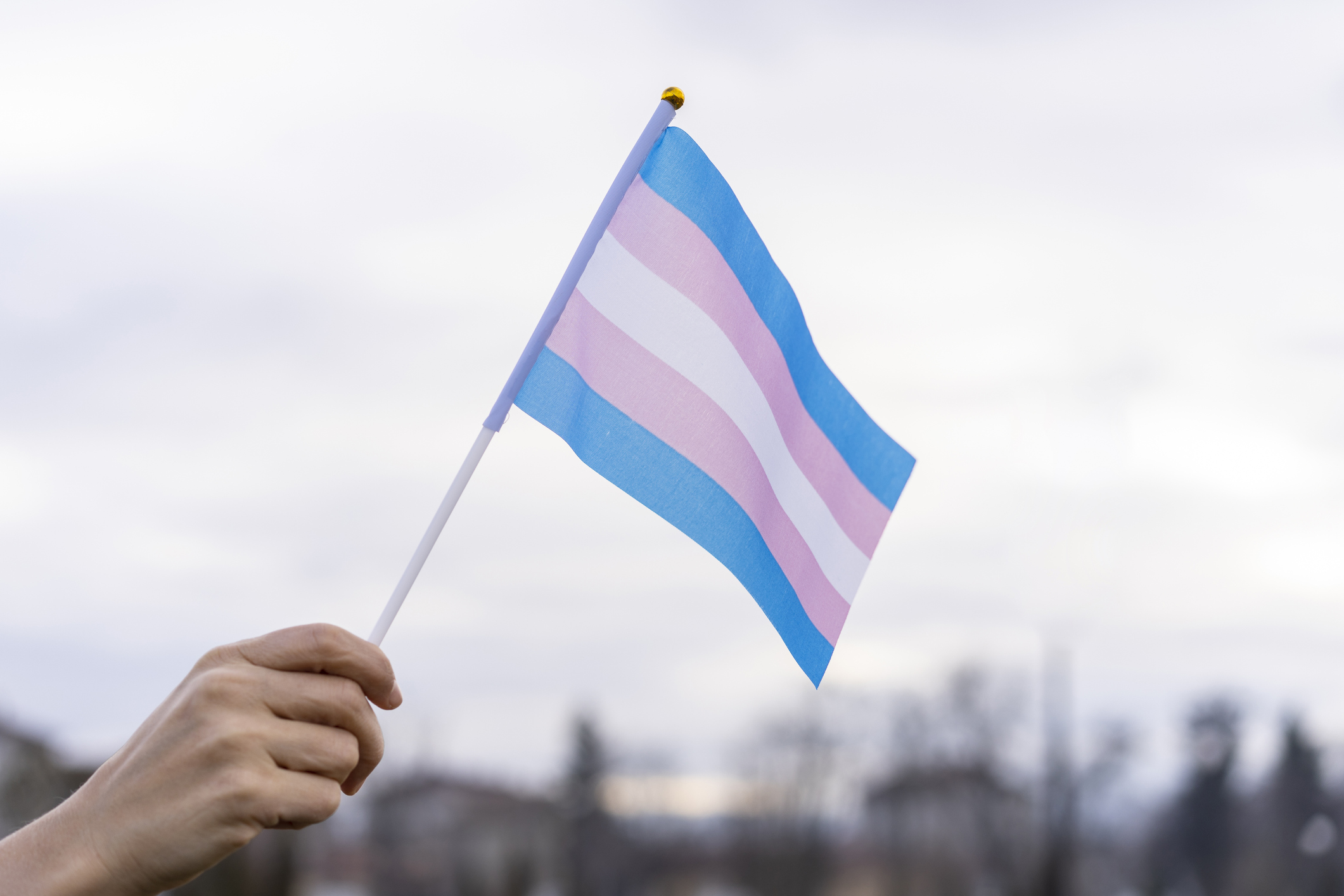
A bill aiming to prevent the allocation of public funds for gender transition procedures is advancing to the Idaho House floor after a committee hearing on Wednesday afternoon.
House Bill 520 would prohibit the use of public funds toward gender transition procedures including surgeries, hormone therapy and puberty blockers. The bill is now headed to the House floor after passing in the House Judiciary and Rules Committee with a recommendation that it pass. If signed into law, the bill would take effect July 1.
According to the bill, public funds would not cover surgeries or medical intervention to alter “the appearance of an individual in order to affirm the individual’s perception of the individual’s sex in a way that is inconsistent with the individuals’ biological sex regardless of whether the surgical operation or medical intervention is administered to a minor or an adult.”
This means that state employees wouldn’t be able to use their insurance plan to acquire gender-affirming medication, and transgender Idahoans wouldn’t be able to use Medicaid to obtain gender-affirming care.

In the hearing Wednesday afternoon, bill sponsor Rep. Julianne Young, R-Blackfoot, said the bill would not prevent people from getting health treatments unrelated to their gender identity.
“House Bill 520 stipulates … that it is not appropriate to use public funds, Medicaid dollars to pay for these surgeries,” Young said. “While I have great compassion for those who struggle with these issues, I also understand that the idea of actually creating the function of the opposite sex is a scientific impossibility.”
Four people testified in support of the bill, all of whom expressed frustration that public funds could pay for gender-affirming care.
State employee, father of transgender daughter testify against House Bill 520
Six people testified against the bill. Among those who testified in opposition to the bill included a state employee who said they receive gender-affirming care, as well as representatives from the ACLU of Idaho and Planned Parenthood Alliance Advocates.
Anthony Loper, whose teenage daughter is transgender, testified in opposition of the bill. Loper said his daughter is adopted and receives puberty blockers with the support of Medicaid.
“This is one of her first homes where she feels like she can be herself,” Loper said. “She knows exactly what it feels like to be unsafe and to have folks that are controlling and pressuring her to make her feel that she can’t be herself. So now that she’s in a home where she can express herself, now we get these groups of bills that continue to just shake our lives.”
After hearing more than an hour of testimony, Rep. Todd Achilles, D-Boise, said the bill is “fundamentally unfair” to taxpaying Idahoans, who he said includes the transgender community.
“Trans adults pay into the same system as everybody else, and they have the rights to pull the services out of the system like anybody else, and they should not be restricted in that care,” Achilles said during the hearing. “I think we’re discriminating against the trans community.”
The vote was recorded by voice, and three legislators, including Achilles; Rep. Dan Garner, R-Clifton; and Rep. Chris Mathias, D-Boise, asked to be recorded in opposition to the bill.



